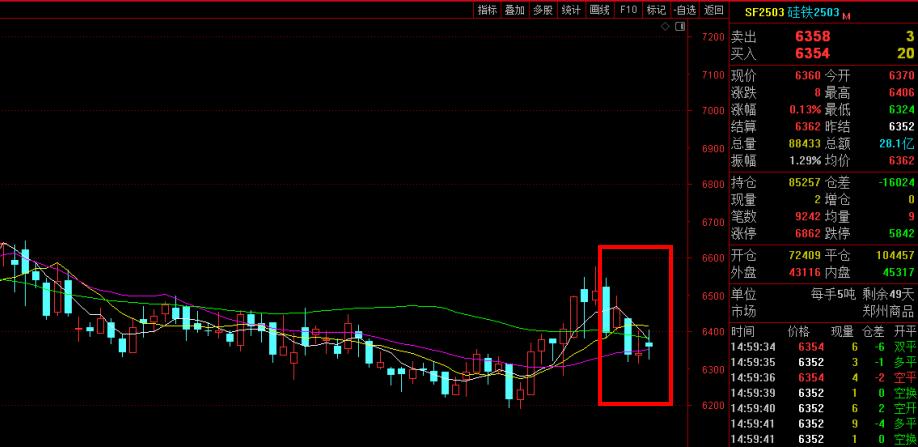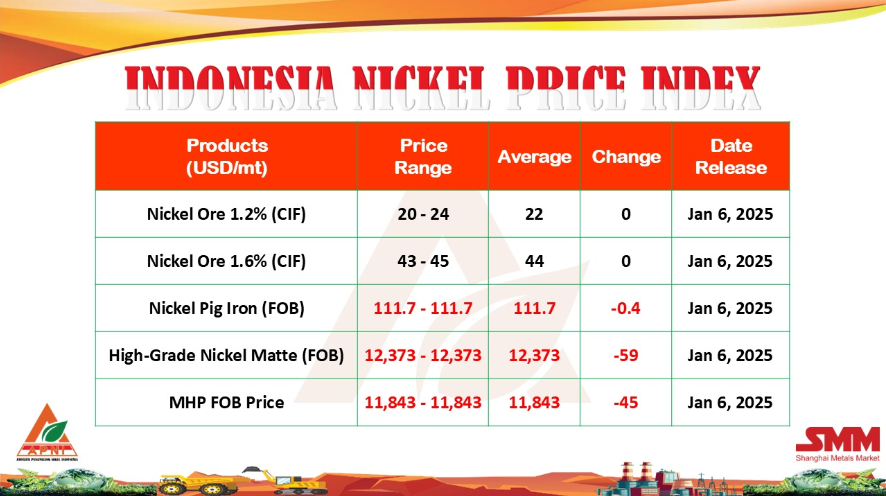Infrastructure spending in Southeast Asia’s largest economy may total Rp 469.7 trillion ($39 billion) this year, according to an official from the Public Works Ministry.
The country’s poor infrastructure, such as roads, airports and seaports, has been cited as one reason many foreign investors are unwilling to put money into the country.
Hediyanto said the state budget would contribute Rp 208.7 trillion to the total spending, followed by contributions from regional governments, investment from state enterprises and the private sector with Rp 103.9 trillion, Rp 89.9 trillion and Rp 67.2 trillion, respectively.
“There is still a gap of around Rp 52 trillion in our infrastructurespending,” the official added.
Hediyanto said the investment gap was due to limitations in the government budgets and the ministry is seeking to plug the discrepancies by inviting more foreign investment through public and private partnership.
The infrastructure spending will create a construction market worth at least Rp 407 trillion, a 10.2 percent increase from last year, according to Hediyanto.
The construction market is estimated by taking into account spending for building materials and services, while excluding expenditure for land acquisition.
He added that the country’s construction market has been growing at double-digit rates for the past couple of years.
“If this pace can be maintained, it could reach Rp 1,000 trillion in the next five years,” Hediyanto said.
But he warned that the country’s increasing need for infrastructure investment needs to be supported by improvement in domestic capacity.
“We have identified several challenges in order for the benefit of construction growth remains within the country,” he said.
He added that one challenge in particular was the risk that stems from importing raw materials.
“Now, Indonesia needs to import more than half of its asphalt needs,” he added.
The ministry estimates the current consumption of asphalt is 1.2 million metric tons a year, while domestic production capacity is less than 500,000 tons.
In addition, last year’s domestic cement sales of 52.7 million tons outstripped the domestic production of 49.9 million tons.
Indonesia has more than 106,000 units of heavy equipment, but more than 70,000 of them are located in the greater Jakarta area. From the total 117,000 contractors, more than 40 percent are based in Java.
Hediyanto lamented the lack of specialization among contractors.
“All of our contractors are general contractors, big or small. What we need in the future is a lot of small specialized contractors while the larger ones can remain as general contractors.”
Specialized contractors would reduce the number of total contractors thus making the process in project execution a lot simpler, according to Hediyanto.
“In China, there are only 62,000 contractors despite the country’s much larger population. That is because they have a lot of contractors who operate in niche markets,” he said.
The small number of certified professionals in the sector adds to the ministry’s concerns with only 400,000 having any kind of certification out of a total workforce of some 6.9 million.
Copyright © 2013 Ferro-Alloys.Com. All Rights Reserved. Without permission, any unit and individual shall not copy or reprint!
- [Editor:editor]



 Save
Save Print
Print Daily News
Daily News Research
Research Magazine
Magazine Company Database
Company Database Customized Database
Customized Database Conferences
Conferences Advertisement
Advertisement Trade
Trade














 Online inquiry
Online inquiry Contact
Contact

Tell Us What You Think